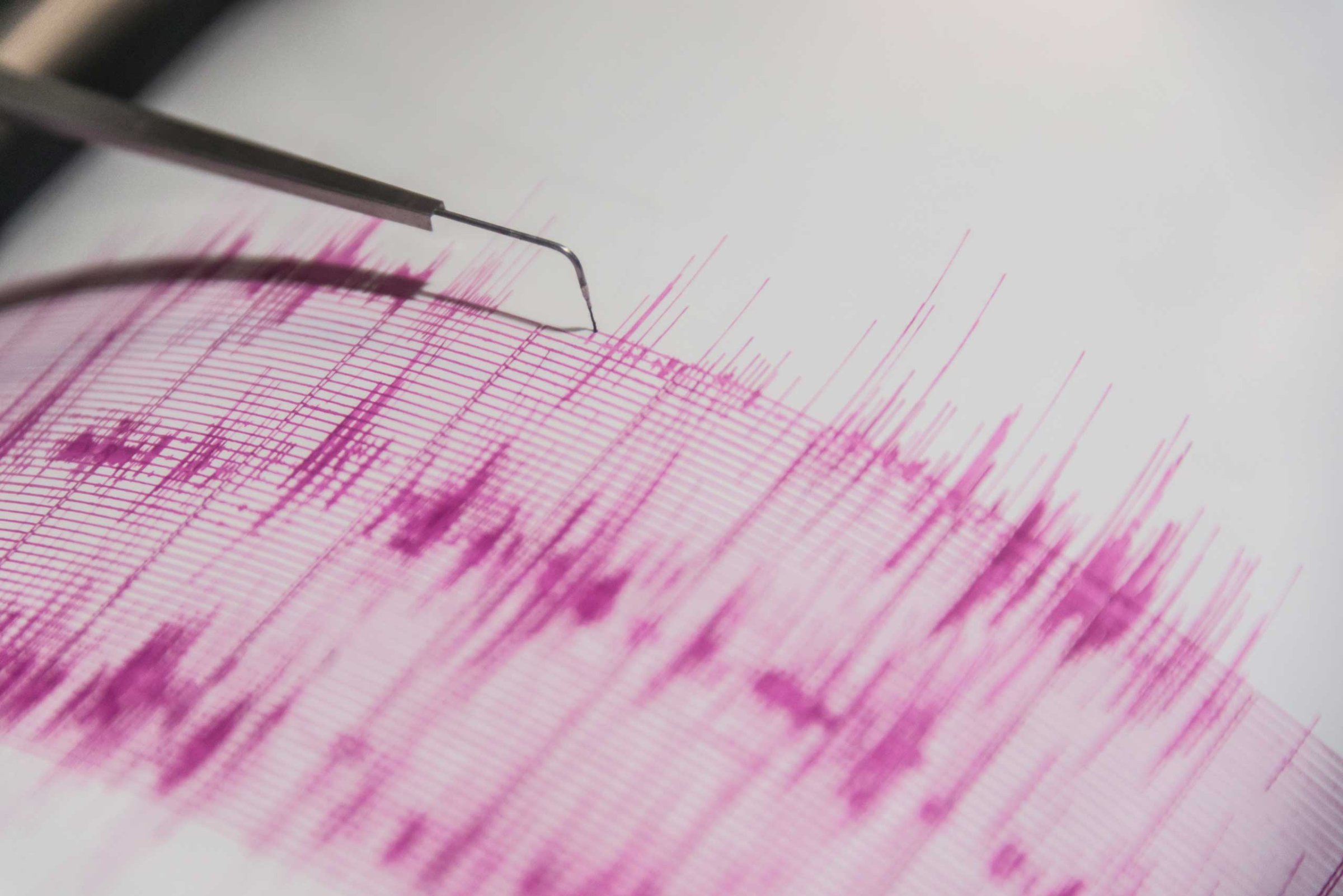
Animals may be able to sense an earthquake coming as long as three weeks before it happens, well before humans can, a new international study found.
By examining footage from motion-sensor cameras in Peru’s Yanachaga National Park, scientists found that animal activity declined significantly in the month before a major 7.0 magnitude earthquake struck, according to a study published in Physics and Chemistry of the Earth. During the three weeks before the earthquake, the cameras recorded about a third as many animal sightings as usual, and in the five to seven days before the quake, the cameras recorded no animals at all. The researchers think that animals may be more sensitive to positive ions in the air that build up when rocks in the earth’s surface are stressed leading up to an earthquake, which may cause them to flee.
This is not the first time researchers have noted this phenomenon—scientists in China and Japan have been studying it for a while, noting that lab rats have a harder time sleeping ahead of an earthquake.
(h/t CNN)
More Must-Reads from TIME
- Donald Trump Is TIME's 2024 Person of the Year
- Why We Chose Trump as Person of the Year
- Is Intermittent Fasting Good or Bad for You?
- The 100 Must-Read Books of 2024
- The 20 Best Christmas TV Episodes
- Column: If Optimism Feels Ridiculous Now, Try Hope
- The Future of Climate Action Is Trade Policy
- Merle Bombardieri Is Helping People Make the Baby Decision
Write to Charlotte Alter at charlotte.alter@time.com